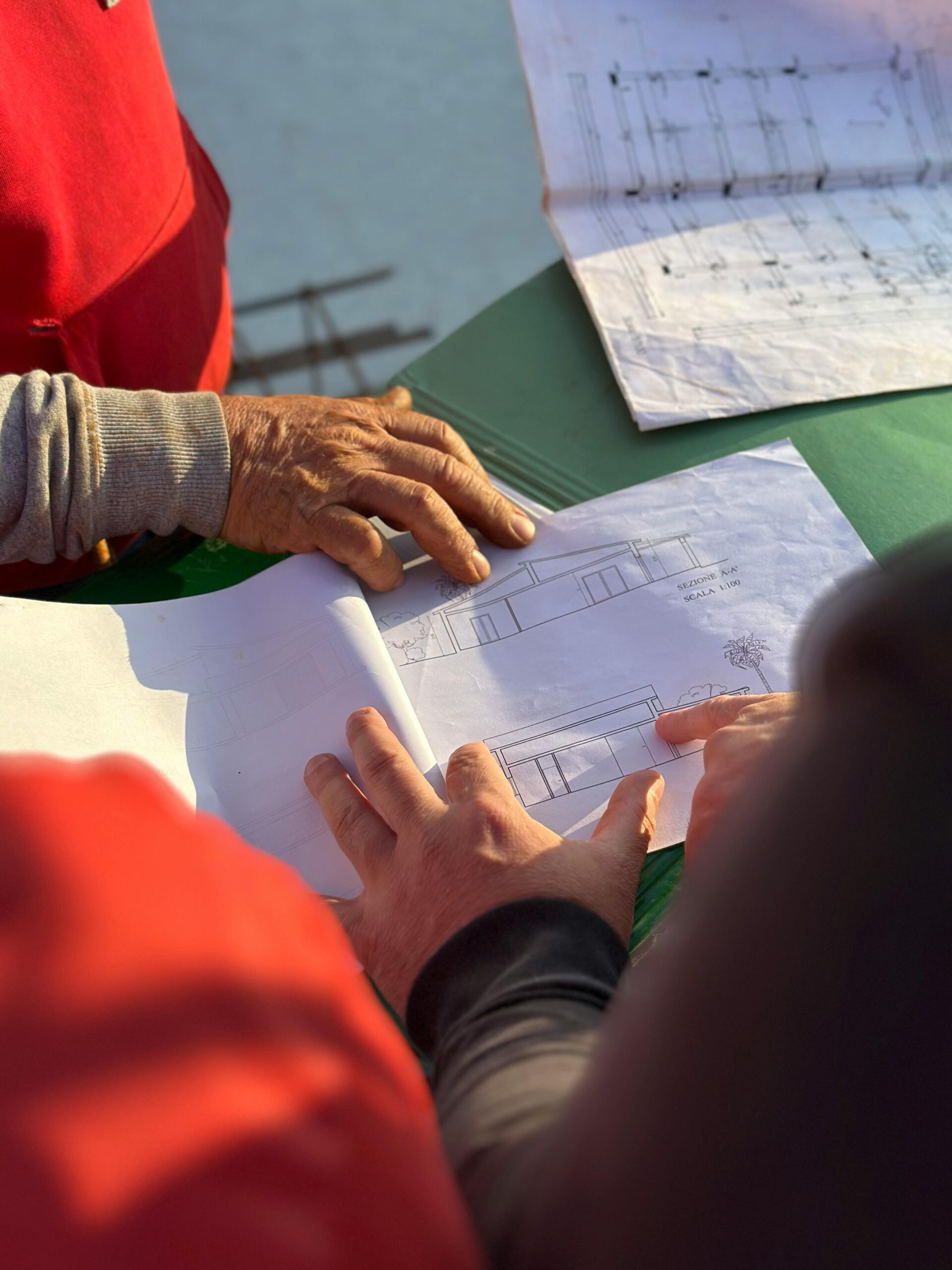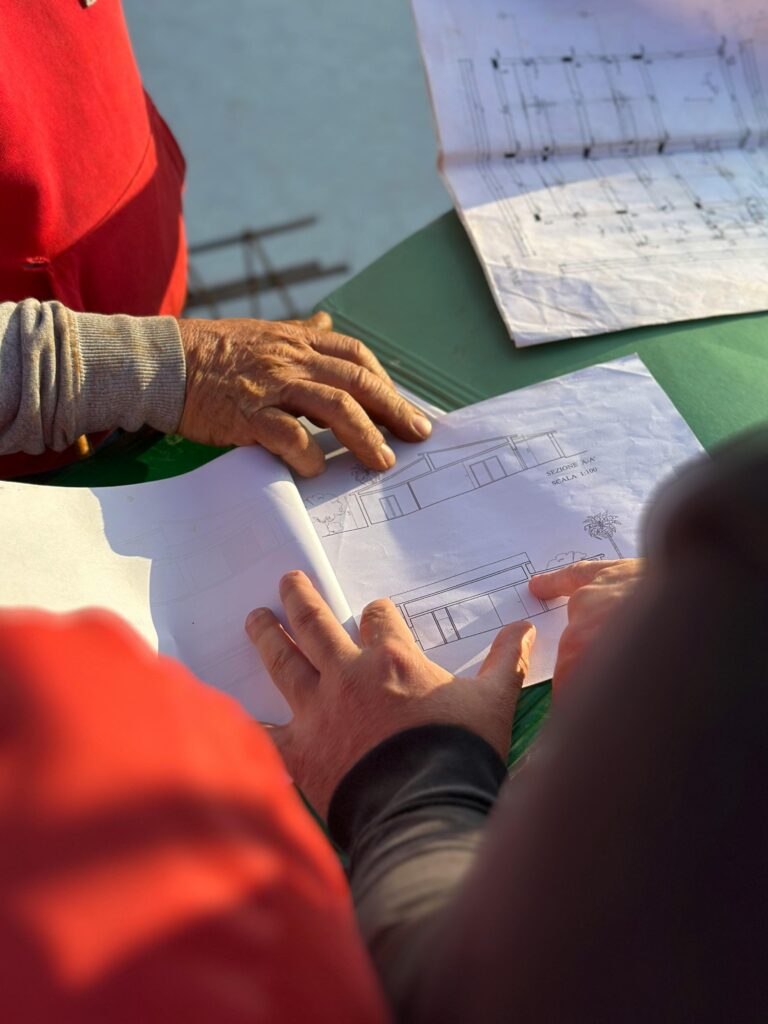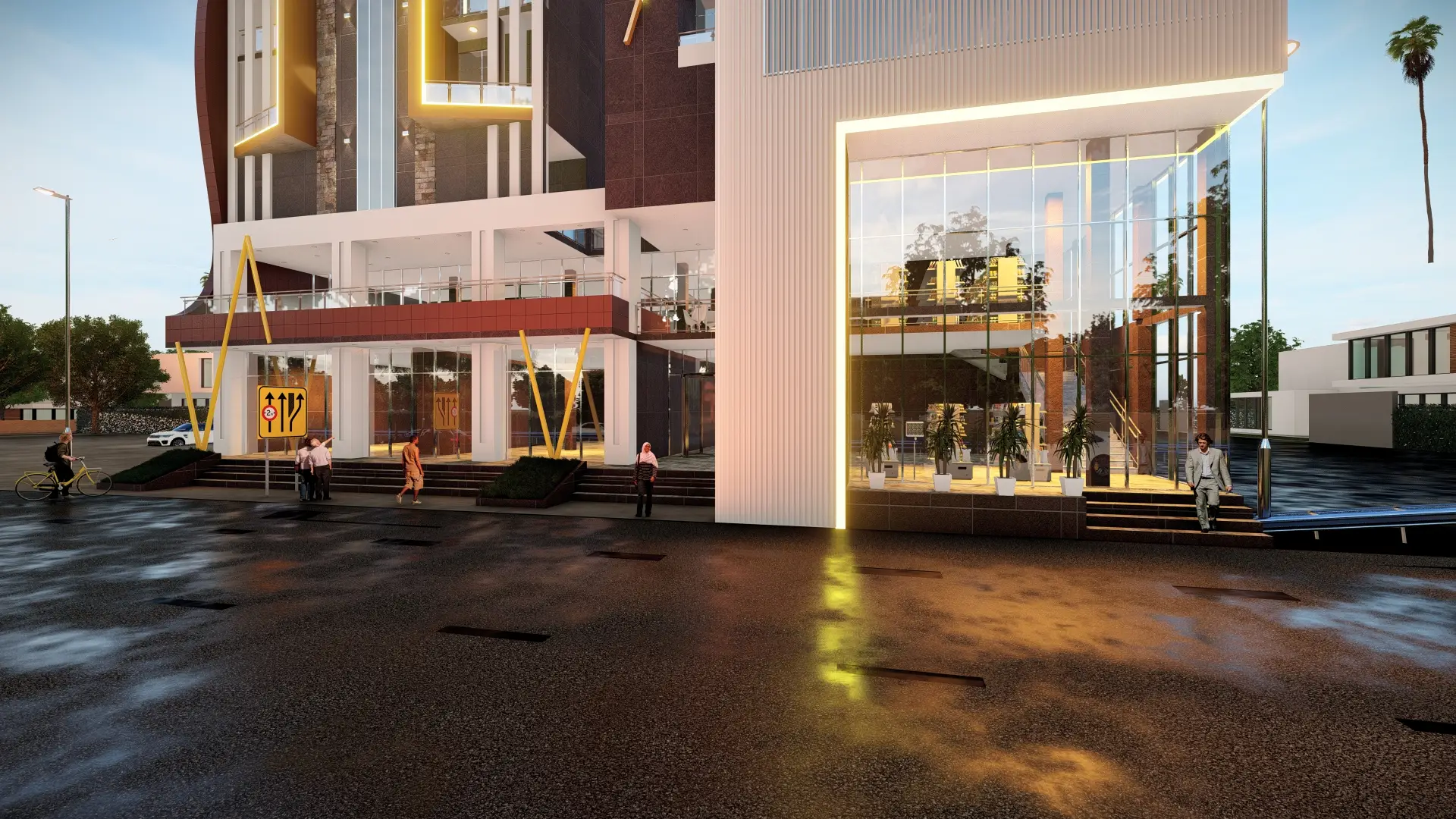

Introduction
Construction projects are dynamic, multi-faceted endeavors that bring together diverse teams, materials, and timelines to turn ideas into reality. Amid this complexity, the importance of site supervision cannot be overstated. It serves as the glue that holds the process together, ensuring that every phase—planning, execution, and completion—is aligned with the project’s goals.
At Villa Engineering & Environment Consultancy Company, we understand that effective site supervision is the cornerstone of successful construction. In this blog, we’ll explore why site supervision is indispensable and how it plays a pivotal role in shaping a project’s success.
To begin with, a construction project’s foundation lies in its designs and specifications. These documents provide the roadmap for the entire endeavor. However, without vigilant supervision, deviations can occur that compromise the final result.
By acting as the link between planning and construction, site supervision ensures the project stays on track, both technically and creatively.
Next, safety is a critical concern in construction, where potential hazards are an everyday reality. Effective site supervision ensures that risks are minimized, and safety becomes a priority.
Ultimately, a safe construction site is not just a regulatory requirement—it is a productivity booster and morale enhancer.
In addition to safety, construction projects involve a diverse array of teams and resources that must work in harmony. This is where the role of site supervision becomes critical.
With proper coordination, a construction site operates like a well-oiled machine, ensuring steady progress toward completion.
Moving forward, the ability to meet deadlines is one of the hallmarks of a well-executed project. Here, site supervisors play a pivotal role in keeping the timeline intact.
When time is managed effectively, the project benefits from cost savings, increased client satisfaction, and smooth execution.
Equally important is the emphasis on quality. Every structure is only as strong as its weakest element, and site supervisors ensure that no aspect of construction falls below standard.
With a commitment to excellence, site supervisors deliver a final product that is both durable and dependable.
Another key aspect of site supervision is managing relationships and expectations among the various stakeholders involved in a project.
This approach not only ensures smooth project execution but also builds strong relationships that pave the way for future collaborations.
Lastly, construction projects are rarely free from challenges. However, the role of a site supervisor is to turn obstacles into opportunities for innovation.
In essence, site supervision is about maintaining control in an unpredictable environment, ensuring that the project succeeds no matter the circumstances.
Conclusion
In summary, site supervision is the cornerstone of construction success, ensuring safety, quality, and efficiency throughout the project lifecycle. From managing resources to upholding design integrity, supervisors play a vital role in transforming visions into reality. At Villa Engineering & Environment Consultancy Company, we pride ourselves on delivering professional site supervision services that guarantee excellence at every step.
Are you looking for a trusted partner to oversee your next construction project? Contact Villa Engineering today and let our experts guide you toward a successful build!









